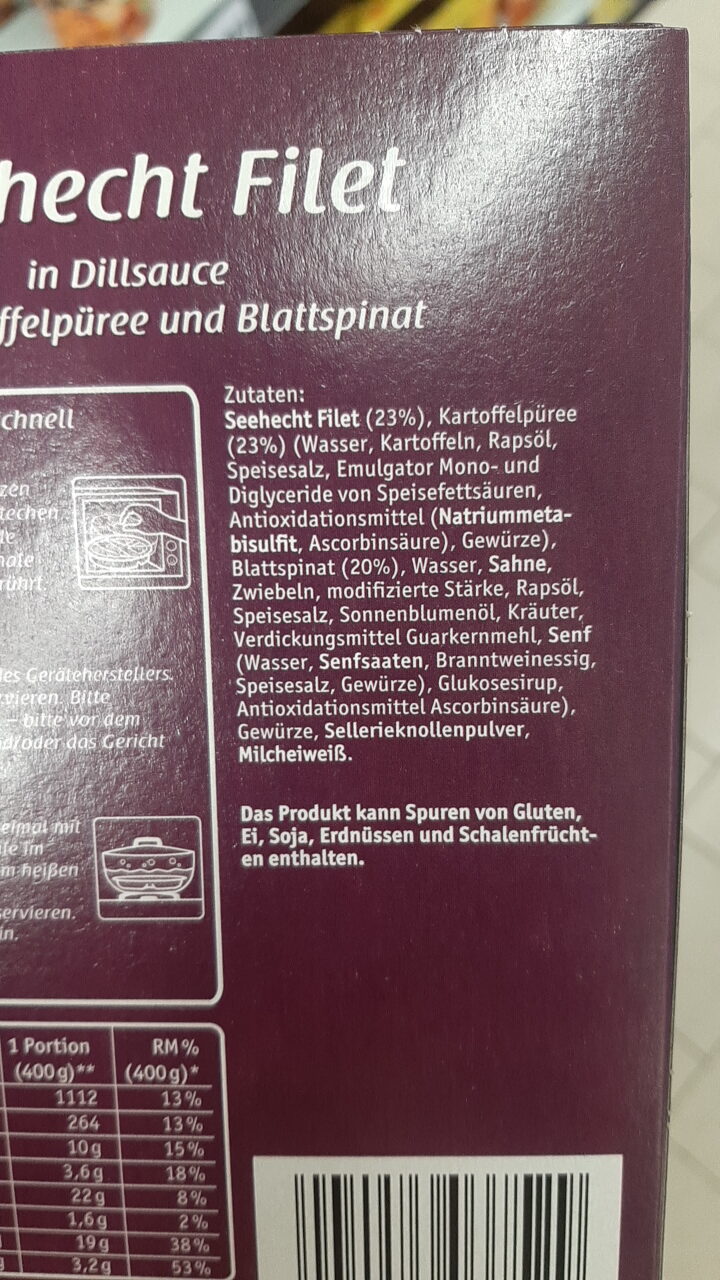
Barcode: 4044983037529
unknown
DOUBTFUL
📝 Reason: The product contains ‘branntweinessig’ which is derived from alcohol, making it Haram. Additionally, ‘seehecht filet’ lacks Halal certification, introducing doubt. According to Islamic dietary laws, any product containing alcohol or without proper Halal certification is considered Haram or Doubtful.
📄 Certificates: None
Ingredients:
Details
Understanding the Halal Status of the Unknown Product
In today’s market, many consumers are on the lookout for products that adhere to Halal standards. The unknown product in question has raised some concerns regarding its Halal status, which is classified as “Doubtful”. In this article, we’ll delve into the ingredient list, analyze the E-numbers, and provide a comprehensive understanding of why certain items may not meet the criteria of Halal.
What Makes the Product Doubtful?
The product contains several ingredients, but the key point of contention is the inclusion of branntweinessig (distilled vinegar), which is derived from alcohol. In Islamic dietary laws, products containing alcohol are strictly prohibited, rendering them Haram. Furthermore, the presence of seehecht filet (a type of fish) does not have any Halal certification, thus introducing further doubt about its Halal status.
Ingredient Analysis
Here’s a detailed look at the ingredients used in this product:
- Seehecht filet: This fish fillet lacks Halal certification, making it a dubious choice for Halal-conscious consumers.
- Kartoffelpüree (Mashed Potatoes): A plant-based ingredient that is generally considered Halal.
- Wasser (Water): Pure water is Halal and poses no issues.
- Kartoffeln (Potatoes): Another plant-based ingredient that is Halal.
- Rapsöl (Rapeseed Oil): A plant-based oil that is Halal.
- Speisesalz (Salt): Simple salt is Halal.
- Emulgator mono- und diglyceride von Speisefettsäuren (E471): Can be derived from plant or animal fats. However, no Haram source is specified, making its Halal status uncertain.
- Antioxidationsmittel (Natriummetabisulfit, Ascorbinsäure): Generally contains no Haram components.
- Gewürze (Spices): Most spices are Halal.
- Blattspinat (Spinach): A plant-based ingredient, thus Halal.
- Sahne (Cream): A dairy product; Halal if no Haram additives are included.
- Zwiebeln (Onions): Plant-based and Halal.
- Modifizierte Stärke (Modified Starch): Generally derived from plants and Halal.
- Sonnenblumenöl (Sunflower Oil): A plant-based oil that is Halal.
- Kräuter (Herbs): Most are Halal as well.
- Verdickungsmittel Guarkernmehl (E412): A plant-based thickener, thus Halal.
- Senf (Mustard) and Senfsaaten (Mustard Seeds): Both plant-based and Halal.
- Branntweinessig (Distilled Vinegar): This is where the issue arises, as it contains alcohol and is non-Halal.
- Glukosesirup (Glucose Syrup): Generally Halal.
- Antioxidationsmittel Ascorbinsäure (E300): Contains no Haram components.
- Sellerieknollenpulver (Celery Powder): Plant-based and Halal.
- Milcheiweiß (Milk Protein): Dairy product; Halal if free from Haram additives.
The Lack of Certification
Besides the ingredients, it’s crucial to note that the product does not possess any Halal certification. In the world of Halal products, certification provides a level of assurance that the product meets the necessary dietary requirements. The absence of certification for both the fish and the vinegar used in this product raises significant concerns for consumers who prioritize Halal compliance.
Conclusion
In summary, the unknown product’s classification as “Doubtful” stems from its use of branntweinessig, which is alcohol-based, and the lack of Halal certification for the seehecht filet. While many ingredients appear to be Halal, the two significant red flags highlight the need for cautious consumption. It is always best to choose products that carry a reliable Halal certification to avoid any uncertainty in dietary laws.

